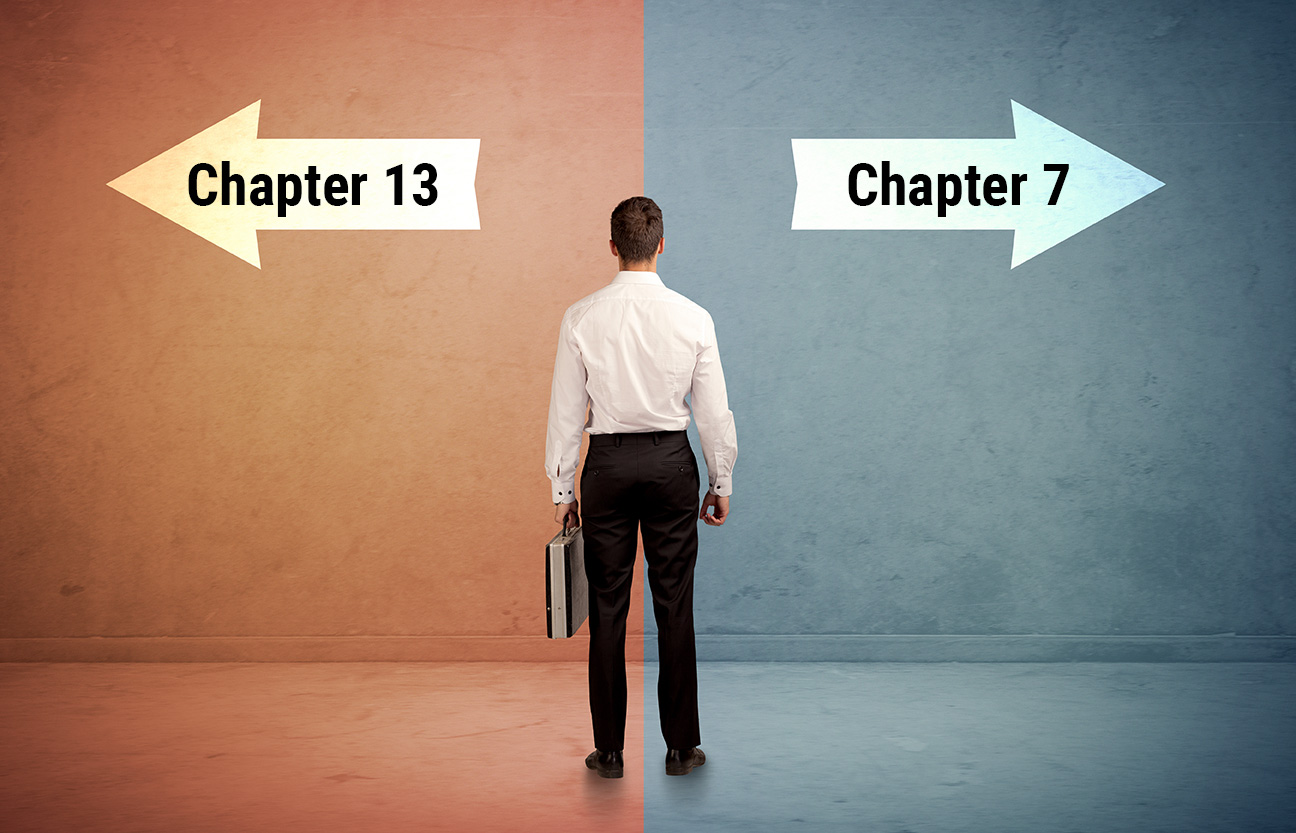Debt can plague anyone of any age. If you are a senior citizen, you may have mounting medical debt, especially if you have a chronic medical condition and are on a fixed income. This article explores the growing trend of bankruptcy for seniors, delving into the causes, such as rising medical expenses, insufficient retirement savings, and mounting debt.
Dealing with debt can be troublesome as you get into your 60s, 70s, and beyond. You may be retired or considering it. Perhaps you are living solely on Social Security benefits.
You may be considering bankruptcy but have some concerns. For example, what would happen to your Social Security benefits? Would you lose your home or all the money in your retirement account?
Filing for bankruptcy is definitely different as you get older. As a senior, it is important to talk with a bankruptcy attorney about the type of debt that is allowed to be wiped out and what type of assets are exempt from bankruptcy. Here is what senior citizens need to know about bankruptcy.
Why Consider Bankruptcy?
Debt consolidation should be your first option. This can help you reduce debt without hurting your credit score too much. If you do consider bankruptcy, ask yourself these questions:
- Can your debt be discharged in Chapter 7 bankruptcy?
- If you are behind on your home or car payments, will bankruptcy help you catch up?
- Is the cost of bankruptcy worth it, given all your debts?
- Can you pass the means test for Chapter 7 bankruptcy, or will you be able to afford monthly payments for Chapter 13 bankruptcy?
When considering bankruptcy, it is important to understand your assets and debts. What assets do you have? Are most of them necessary for living? Social security and retirement income are essential for seniors, but if those assets are all you have, there is nothing for the court to liquidate to settle your debt. Therefore, bankruptcy would not be a good idea.
If you do have significant assets, they could be at stake. If you own extra property or have significant equity in a home, it could be at risk if you file for bankruptcy.
Also, what kinds of debt do you have? Can your debt be discharged in Chapter 7 bankruptcy? Student loans, child support, and taxes are examples of debt that cannot be discharged but medical and credit card debt can be wiped out.
Chapter 13 bankruptcy is a good option for those who need help catching up on past due home or car payments. Does this apply to you? Can you make regular payments for up to five years?
Bottom line: is it worth it? Filing for bankruptcy is not free. If you are discharging just a few thousand dollars of debt, it may not be worth it. Talking to an experienced bankruptcy lawyer like Adam Freiman can help you decide based on your individual situation.
Call Adam Today
As financial challenges increase for many elderly individuals, understanding the implications and options surrounding bankruptcy becomes crucial. Make sure you understand the laws involved. Will bankruptcy work for you?
You may be on a fixed income and worried about your Social Security benefits. The Law Offices of Adam M. Freiman can provide you with the financial help you need as you get older. We will help you make the right decisions. Schedule a consultation today by calling (410) 486-3500 or using our online form.







